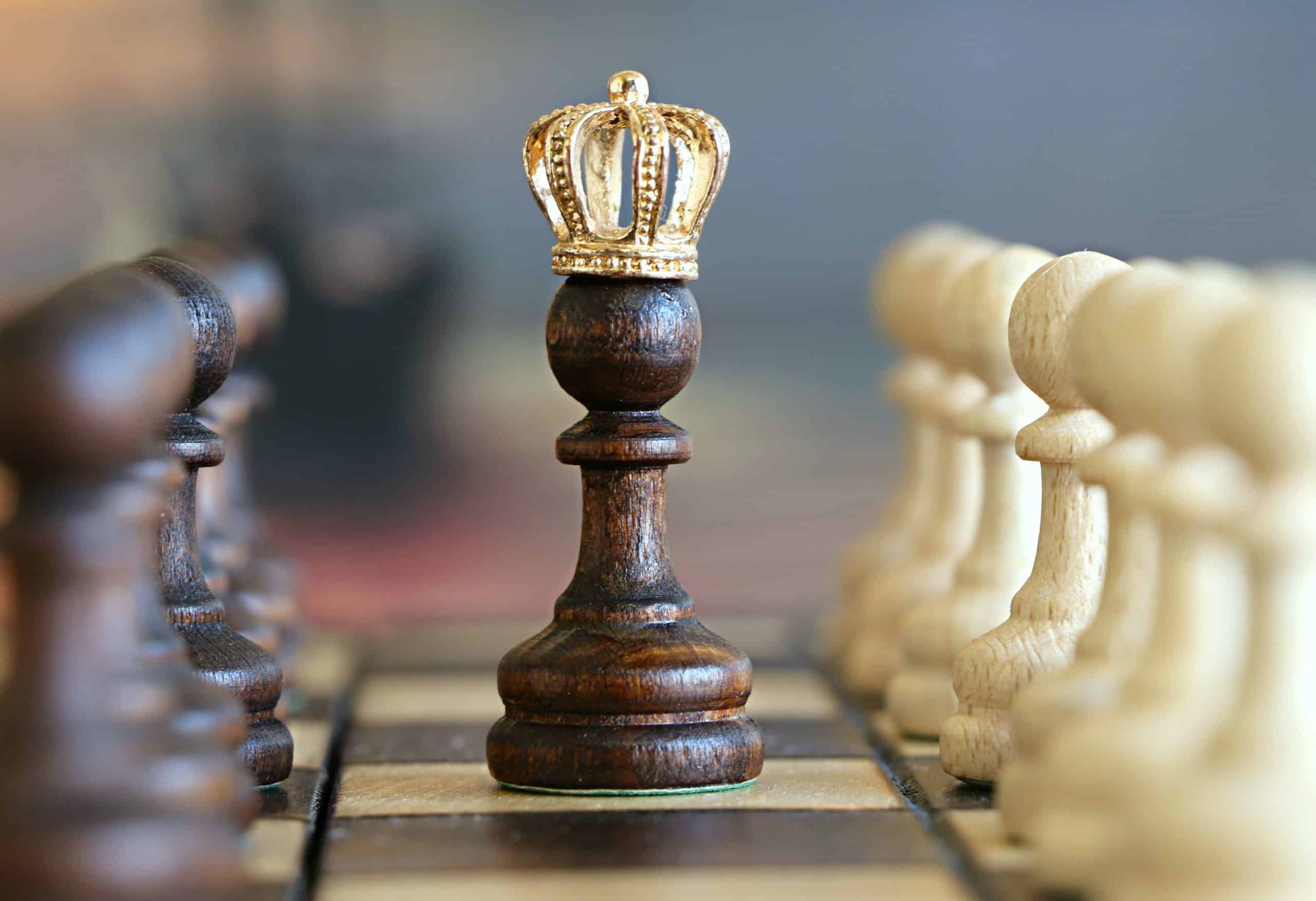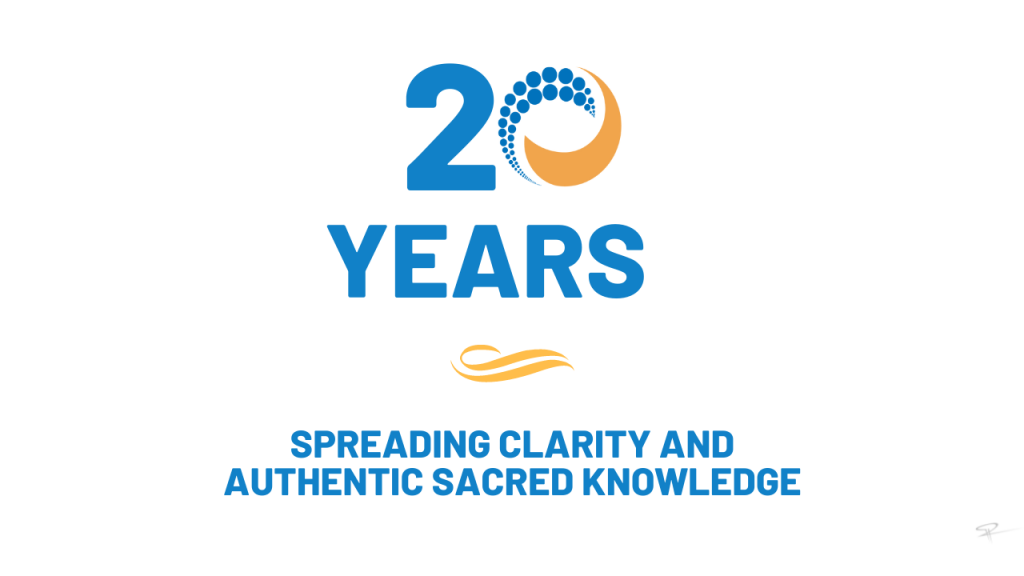You cannot conquer your enemy until you conquer yourself

Ramadan like life is fleeting
It seems like we started Ramadan yesterday, and yet today we are already halfway through it. Ramadan arrived a few days ago, and now it’s beginning to depart. Life is the same. We were born yesterday, and tomorrow we’ll be leaving. Even the alternation between the day and night shows us that nothing is fixed; everything changes except Allah Almighty.
Ramadan is the time to excel in every way
Ramadan is an opportunity Allah Almighty has given to our Ummah to improve ourselves, to excel in goodness, in closeness and taqwa of Allah Almighty, in obedience, in control and patience. Above all, Ramadan is the month of victories.
Ramadan is the month of victories
The Prophet (peace be on him) received the first revelation in the Cave of Hira on 17th Ramadan. This date marks the beginning of the first revelation. The transformation started from that very first word, Iqra. In Ramadan was also the Conquest of Makkah, and before that the very first victory of Muslims at Badr. Looking at the figures, we should have lost the battle, with only 313 companions of the Prophet (peace be on him) fighting 1000 of the Quraysh army, but Allah Almighty turned it into a victory. The great Battle of Qadisiyyah also took place. The Conquest of Andalusia happened. The Battle of Hittin where Salahuddin (Saladin) conquered Jersulem and took it back from the Crusaders.
How can somebody achieve victory? Allah Almighty says:
‘O you who believe, fasting has been prescribed for you, as it was prescribed for those before you, that you may achieve taqwa.’ [2:183]
The core of Ramadan is obedience
Therefore the core aspect of Ramadan is fasting, the core of fasting is about maintaining and improving your obedience to Allah Almighty. This is the main foundation of any victory. You cannot conquer your enemy unless you conquer your own enemy from within.
Ramadan is about conquering yourself
Ramadan helps us to conquer our own enemies – our own nafs, our own shaytan, our own desires. The definition of siyam is abstention from eating and drinking and intimacy from dawn to dusk, with intention. It’s about controlling two main desires: desire for eating and drinking, and desire for intimacy. When we control these desires, we become people of obedience and taqwa.
When you can control desire you can are closest to Allah
This is a common factor between the main pillars of Islam. The salah: you cannot eat and drink during salah. You cannot have intimacy during salah. The moment you control these two desires, you become connected to Allah Almighty. Similarly during Hajj, you cannot have intimacy in ihram. When you control this desire, you are connected to Allah Almighty. Ramadan brings this into further application.
Imam Al-Ghazali dedicated a special chapter in his book to taming these two desires, because they lead to our detriment if they are not under our control. This is why Allah Almighty gave us the gift of Ramadan: to help us improve our connection with Him. The more we control our desires, the more we closeness and obedience we have to Allah Almighty. This is where we can build a foundation for victory. Never ever imagine that victory can come to this Ummah without being obedient to Allah Almighty.
Attacks on us remind us that we have to become stronger and unite ourselves
Let’s consider the scenario in Jerusalem today. The attacks started on Wednesday, and until now there have been 150 injured and 7 killed. They deliberately attack us in our holy month to inflict maximum pain to our Ummah. However this is for our own good, because Ramadan is our month, the month of victory. This will charge the Ummah to become more obedient to Allah Almighty, when we become more obedient we will achieve victory with Allah’s support.
We do not accept occupation
Allah Almighty is taking us through this journey, despite all these people who are calling for normalising relationship between Muslims and Israel. Who is the enemy? Who occupied whom? Our land is being occupied, are we the enemy? Normalisation for what? For occupation? If we oppose this, then we are called terrorists. We are told to accept oppression; should we thank our enemy for occupying us?
Unfortunately, many of our leaders are just going down this path – they are bootlickers, kissing their hands and asking for acceptance rather than being strong and connected to Allah and connected to His people in the first place. This is a lack of taqwa and integrity.
Learn our history and teach our children
What can be done? We are only individuals. At least we can teach ourselves and our children our rights and our history. This is Bayt al-Maqdis, this is our land. Never stop teaching your children about this. The opportunity will come, but our Ummah isn’t ready. We are still fractured and fragmented. We are bitterly divided. Until the Ummah comes together to support and help one another, we will not achieve victory.
Yet Ramadan brings us together. The community becomes more solid. Solidarity in the community is strong. Hopefully we can extend this outside Ramadan and build on uniting ourselves inshallah. In Ramadan we develop a sense of ihsan more than in any other month. A sense that Allah Almighty is watchful and with us. Allah Almighty is looking at us and listening to us. Allah Almighty is asking us about what we do and what we perform. We need to keep improving this, not just in Ramadan.
Ramadan is like a trial run to improve ourselves outside this month. We still have almost two weeks, let’s roll up our sleeves and do more ibadah to Allah Almighty. Let’s be more obedient and exercise our control. Let’s reflect more and apply the Quran in our lives.
Victory will be ours one day. Ameen
Shaykh Haytham Tamim Khutbah 15th April 2022
Transcribed by H Khan
Related posted
Palestine the Islamic perspective
- The truth is more powerful than lies
- Does a bride’s wali have to be Muslim?
- Is is permissible to lead a salah split over different rooms?
- Global IT outage. When systems go down…
- The concept of worship. What are ibadah and ihsan – and how do they lead to self development?

Recommended Posts

The truth is more powerful than lies
July 26, 2024

Global IT outage. When systems go down…
July 19, 2024

